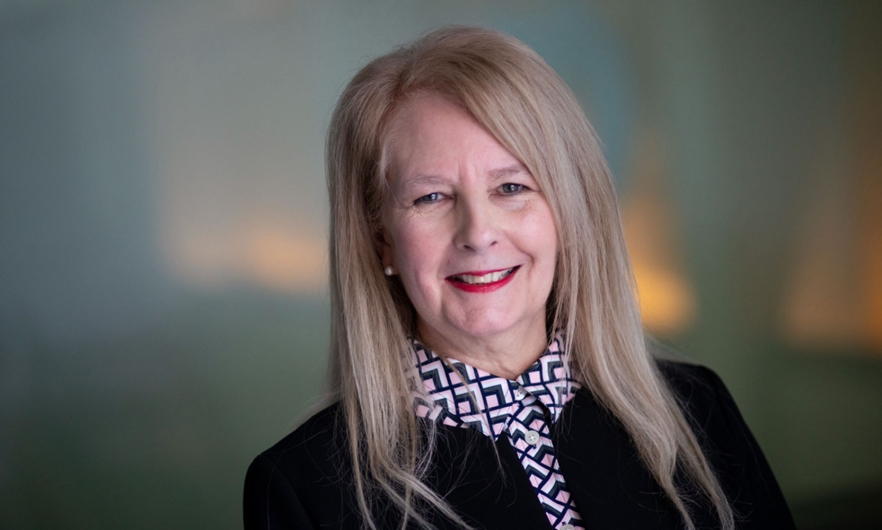Johns Hopkins Bloomberg School of Public Health Appoints Marsha Wills-Karp as New Bloomberg Centennial Professor

Johns Hopkins Bloomberg School of Public Health has appointed Marsha Wills-Karp, PhD, MS, as a Bloomberg Centennial Professor. This is an endowed position supported by the Bloomberg American Health Initiative through a gift from Bloomberg Philanthropies.
Wills-Karp is the Anna M. Baetjer Professor of Environmental Health Sciences and the chair of the Department of Environmental Health and Engineering at the Whiting School of Engineering and the Johns Hopkins Bloomberg School of Public Health. Her research focuses on identifying the environmental determinants—air pollutants, airborne allergens, smoke—of allergic airway diseases and the immune mechanisms involved in asthma. Her team has provided insight into the mechanisms by which exposure to airborne particles emitted from industry and automobiles can initiate and worsen the symptoms of asthma.
As a leading immunologist, Wills-Karp’s research into the role of the cytokine, interleukin-13, opened a new paradigm in asthma studies that has become one of the central tenets of asthma research and treatment strategies. Her work on how allergens and airborne pollutants activate immune pathways has made significant contributions to the understanding of how altered immune recognition of environmental factors can lead to the development of allergic disease.
“We are honored to congratulate Dr. Wills-Karp on this appointment which recognizes her leadership for the field of environmental health and engineering, at Johns Hopkins and around the world,” says Dean Ellen J. MacKenzie, PhD, ScM.
Wills-Karp graduated from Southwest Texas State University, receiving a BS in 1980 and an MS in 1982. She earned a PhD from the Environmental Stress Institute at University of California, Santa Barbara, in 1986, followed by postdoctoral training at Yale University and Johns Hopkins University.
“The field of immunology has been pushed to the forefront during the pandemic, and it’s essential that we support those leading the field’s cutting-edge research,” said Michael R. Bloomberg, founder of Bloomberg LP and Bloomberg Philanthropies. “Dr. Wills-Karp’s work has already made a big impact across sectors. I have no doubt her groundbreaking research will continue to help save and improve many lives.”
Wills-Karp’s current research projects include the prevention and treatment of food allergies, and how environmental exposures of pregnant women affect the health of their offspring. She studies how pregnant mothers’ exposure to ambient air pollution induces intrauterine inflammation and links to prematurity and childhood obesity. In 2018, she discovered that a receptor, dectin-1, which appears on epithelial cells lining the lungs and gut, protects against a variety of environmental triggers of allergic reactions instead of causing them, as was previously believed. These insights have opened up new opportunities for potential treatment.
“The Department of Environmental Health and Engineering is an integral partner to the Bloomberg American Health Initiative, and Dr. Wills-Karp has played a central role in our collaborative work. It’s terrific to see her receive this much-deserved recognition,” says Joshua M. Sharfstein, MD, director of the Bloomberg American Health Initiative.
Through her leadership at the School, Wills-Karp encourages cross-divisional and cross-disciplinary inquiry, bringing together financial and intellectual resources to support collaborative research between the engineering and public health sectors.
This professorship endowment is part of the Bloomberg American Health Initiative, which is supporting 25 new endowed positions. The Initiative focuses on addressing major health challenges facing the nation, including obesity and the food system, environmental challenges, addiction and overdose, violence, and adolescent health.
# # #
Media contacts: Shannon Jones at sjone242@jhu.edu and Carly Kempler at ckemple2@jhu.edu.
